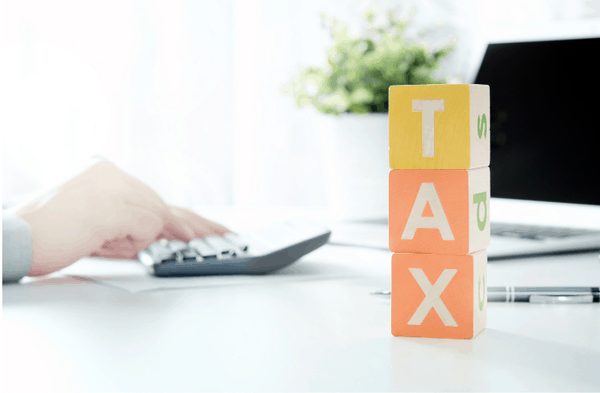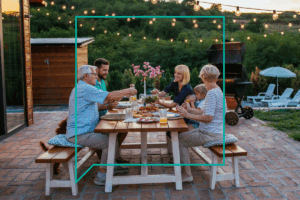The ATO is reminding those who work in the sharing economy to be aware of their tax obligations.
The sharing economy connects buyers (users) and sellers (providers) through a facilitator who usually operates an app or a website.
Some popular examples include Airbnb, Stayz, Uber, Deliveroo, Airtasker and so on.
It is often overlooked by providers of these services that money earned as a result of using them is taxable income. Different rules apply, depending on what type of sharing economy activities are undertaken by an individual.
Tax responsibilities will vary depending on the services taxpayers engage with. Those who rent out part or all of their home are reminded to:
- declare what they earn in their tax return;
- apportion related expenses as appropriate before claiming deductions and
- understand it may affect their capital gains tax if they sell their home in the future.
Individuals who participate in ride-sourcing activities need an ABN, to register for GST from the day they start, to pay GST on the full amount of every fare and to keep records of income and expenses for both GST and income tax purposes. GST credits associated with your ride-sourcing enterprise are deductible.
Those providing other goods and services through the sharing economy need to remember to declare what they earn and apportion related expenses.
While there are a number of compliance issues to consider, there are also a number of deductions users and providers of the sharing economy can claim, but rarely do. According to the ATO, to be eligible to claim a deduction:
- Appropriate records must be kept
- You must not have been reimbursed for the money spent
- Cost must relate to the job/service and not a private expense
- Accurately calculate how much of the total expense is business related and only claim from this portion.
If you have any questions in regards to your tax obligations in relation to the sharing economy then please Contact us.








